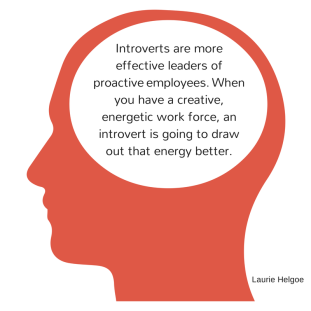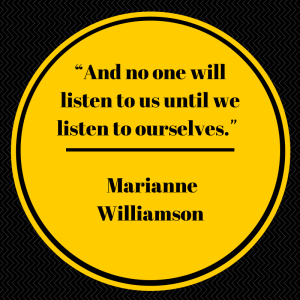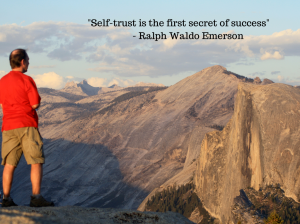‘Tis The Season To Be Stressed
Holiday parties, raised expectations for happiness, end-of-year work deadlines, travel, co-worker vacations, shopping excursions, fewer daylight hours, and additional child and school activities can add to our stress level. A poll of 600 full-time workers conducted by Accenture’s HR Services found 66 percent experience additional work stress during the holiday season.
The Time To Plan Is Now
By being proactive and thoughtful, we can manage seasonal stress in ways that reduce the pressure we feel, and increase our sense of well-being. The following are steps we can take to help make working during the holidays more enjoyable.
Prioritize. Put the most critical work projects at the top of your to-do list. Ask for clarification from your one-up if you are unsure what those are. Adjust or ask for permission to push back deadlines for lower priority projects.
Communicate. Make sure people know when you are going to be out of the office (and ask co-workers for the same information). You can add those dates to your email signature, send an email to people who need to know your schedule and update your voice mail message. In addition, share who is covering for you in your absence.
Get flexible. Ask your supervisor to flex your schedule, or request days to work remotely. If neither is an option, then…
Take time off. If you are lucky enough to earn paid time off, use it! If you will need a day or even a week off to focus on shopping, family or to prepare for visitors – take it.
Exercise. Even if you don’t have time for a full workout, get physical. A short trip to the gym is better than none. Dust off your exercise machine and use it. Take a brisk walk or use the stairs at the office. Exercise is nature’s mood booster, and it also helps you…
Sleep. It’s not just children who are cranky when they are sleepy and need a nap. Since napping options are non-existent in most workplaces, it is vital to not skimp on sleep.
You have a right not to party. Go to the office parties where you are expected (you know which ones those are), and skip the rest while thanking hosts for the invitation.
Put down the cake, pies, cookies, egg nog and other goodies. Avoid the post-party or pot-luck food coma by eating a piece of fruit, a handful of nuts, or drinking a glass of water before heading into temptation.
And, perhaps the most important tip.
Be understanding. Recognize that others may also be struggling with the extra demands of the holiday season. Be compassionate to others, and yourself.
Happy holidays!
Gregory Alford, MS. Psy., is founder of Accelerated Coaching & Consulting LLC, and specializes in business, leadership and life coaching and Marcom consulting.










